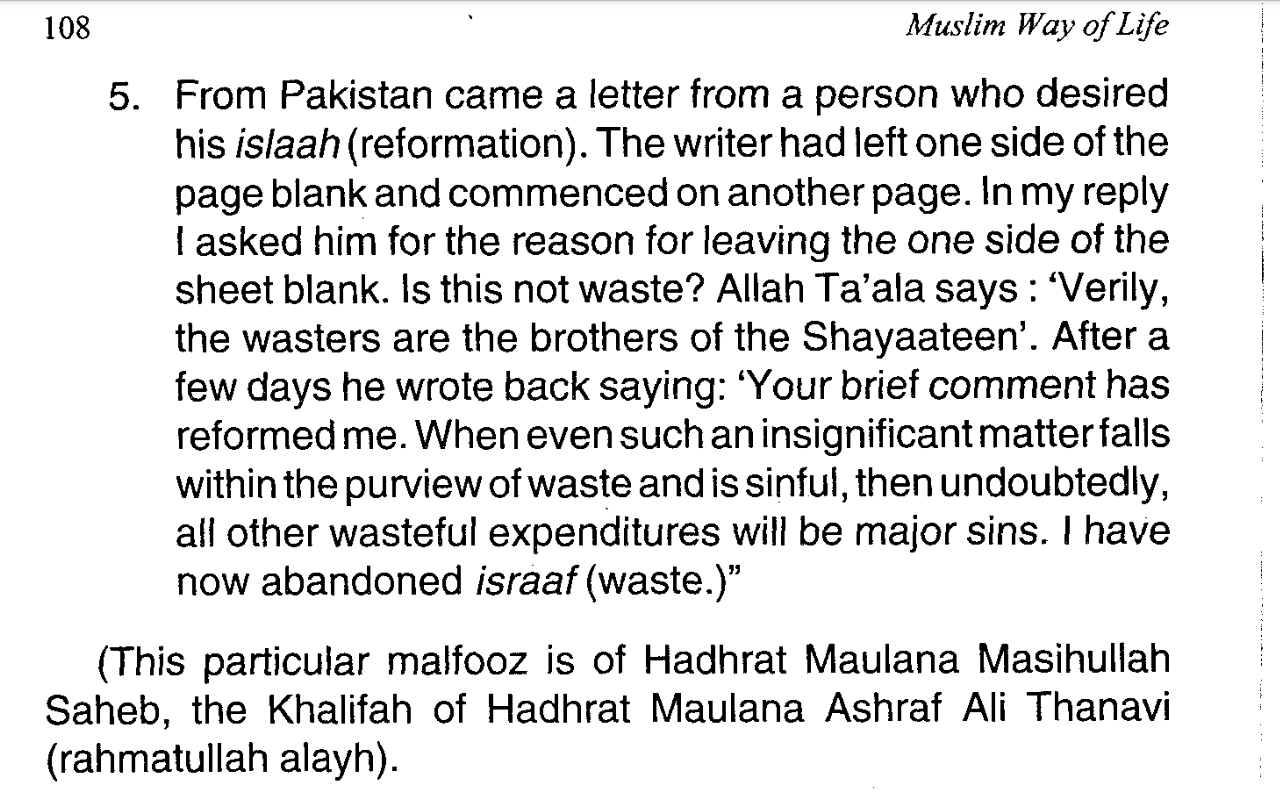

You have contributed 0.0% of this topic






















This cannot be undone and I am sure it will be greatly appreciated.
Please wait...